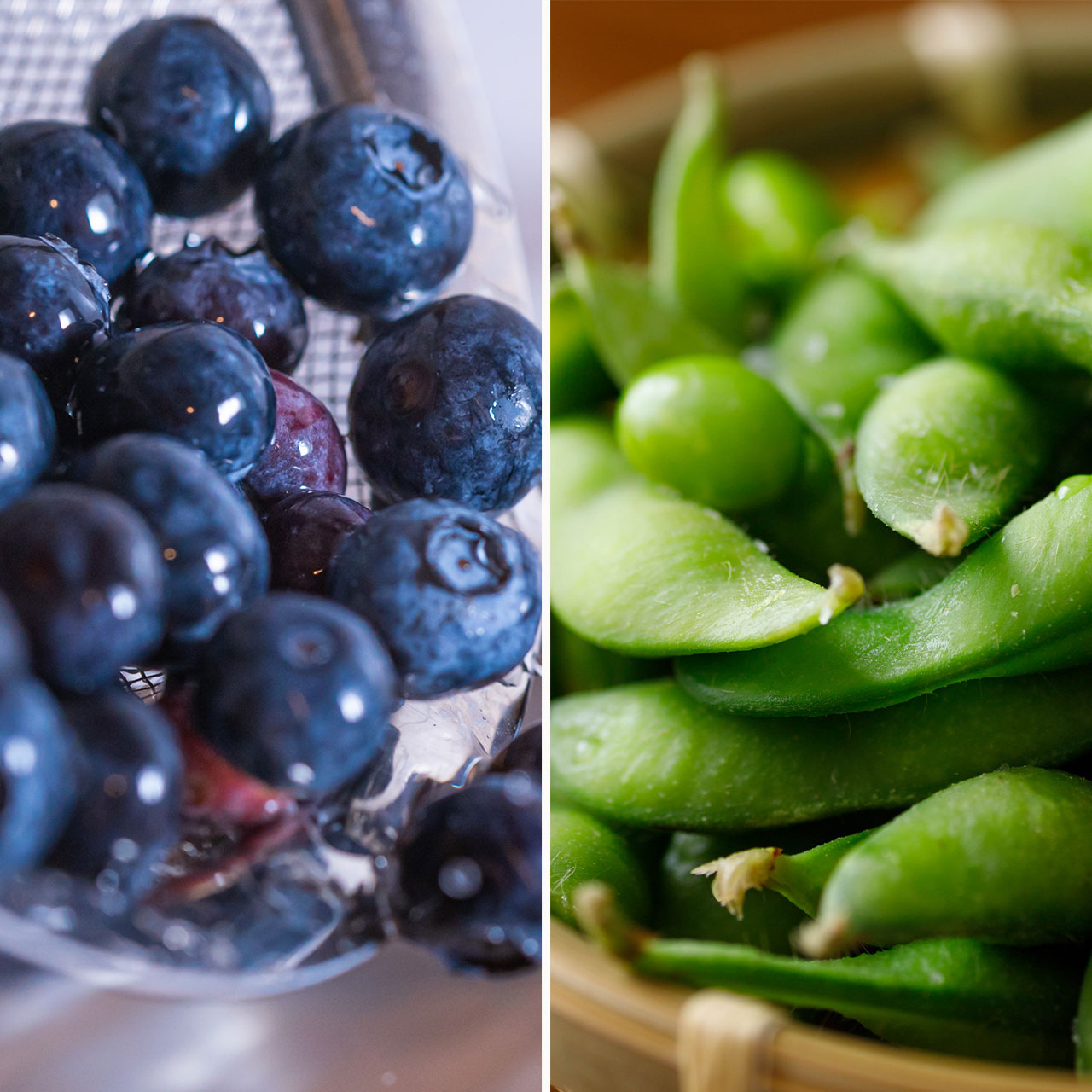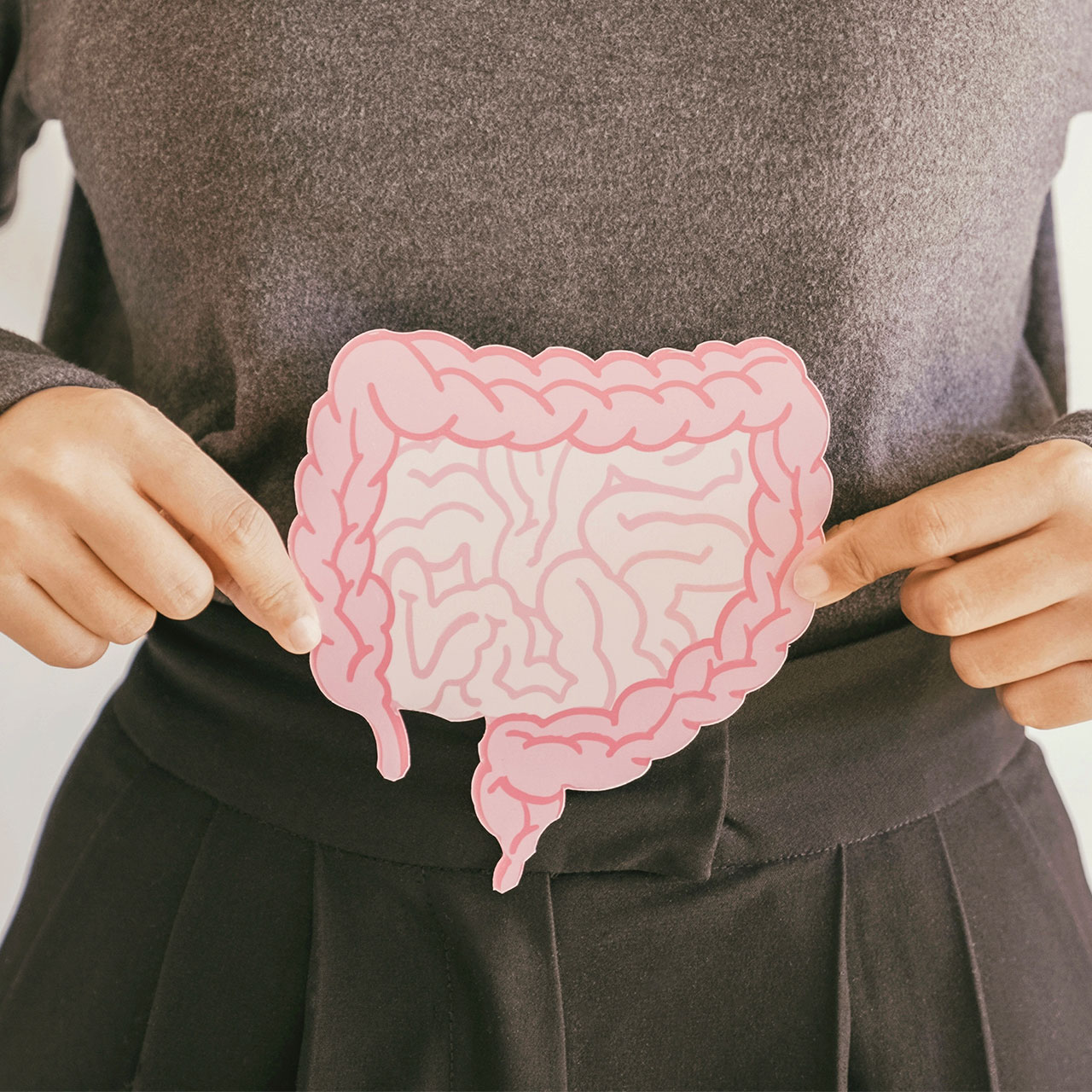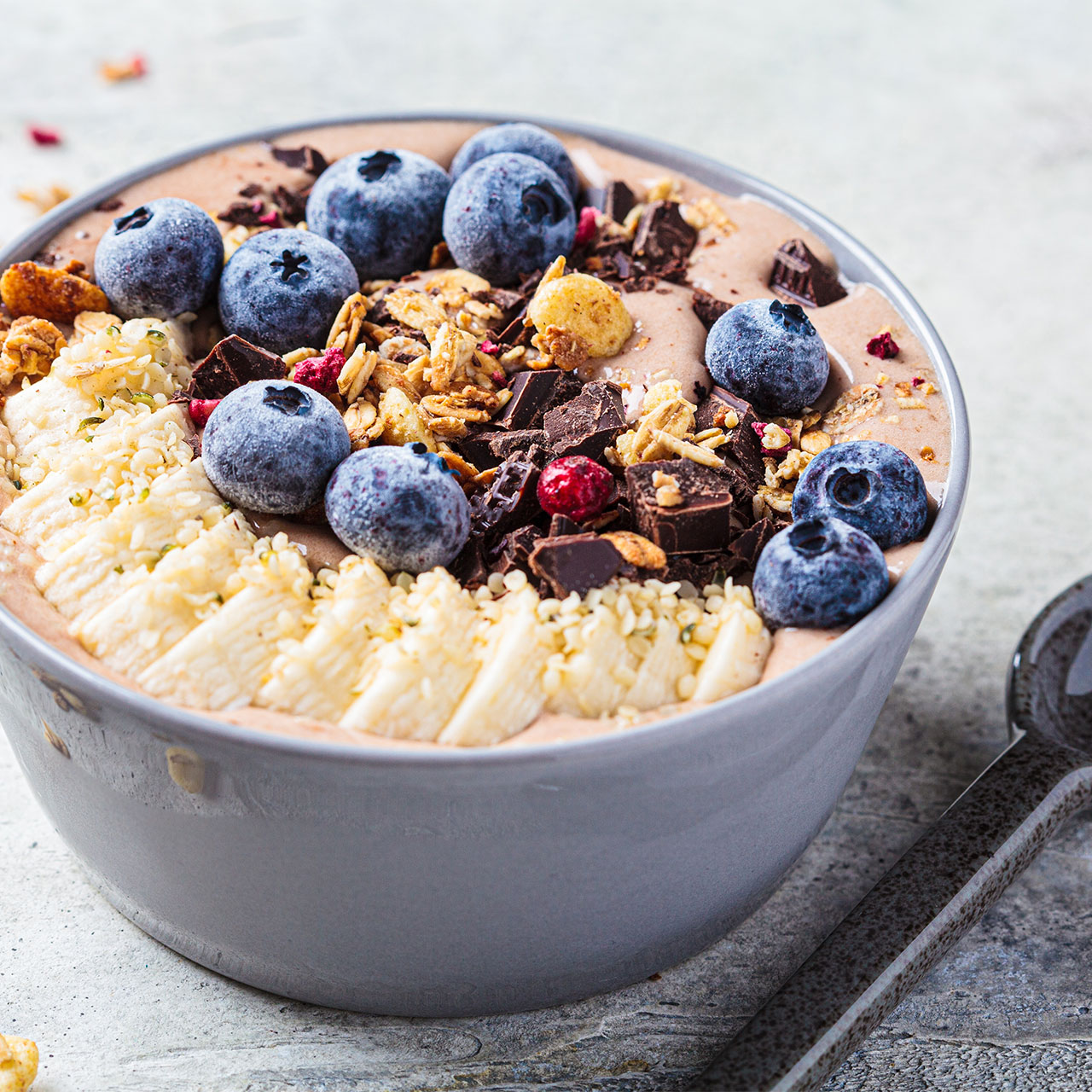Gut health is a hot topic in the wellness world—and for good reason. The wellbeing of your gut is crucial to your overall health. And while there are tons of gut-nourishing foods to add to your plate, many people turn to supplements to support digestion, reduce bloating, and promote overall well-being. While some supplements can be beneficial, the unfortunate truth is that they may actually do more harm than good—especially if you struggle with pre-existing digestive conditions like irritable bowel syndrome (IBS), small intestinal bacterial overgrowth (SIBO), or histamine intolerance.
What are some options to be wary of? To find out, we spoke to digestive health dietitian Alyssa Simpson, RDN, CGN. She warned that certain supplements aimed at gut health can trigger uncomfortable symptoms such as bloating, gas, and even headaches if not chosen carefully. As it turns out, prebiotic supplements and bone broth supplements are two to be careful with. Learn more about the risks of each below.

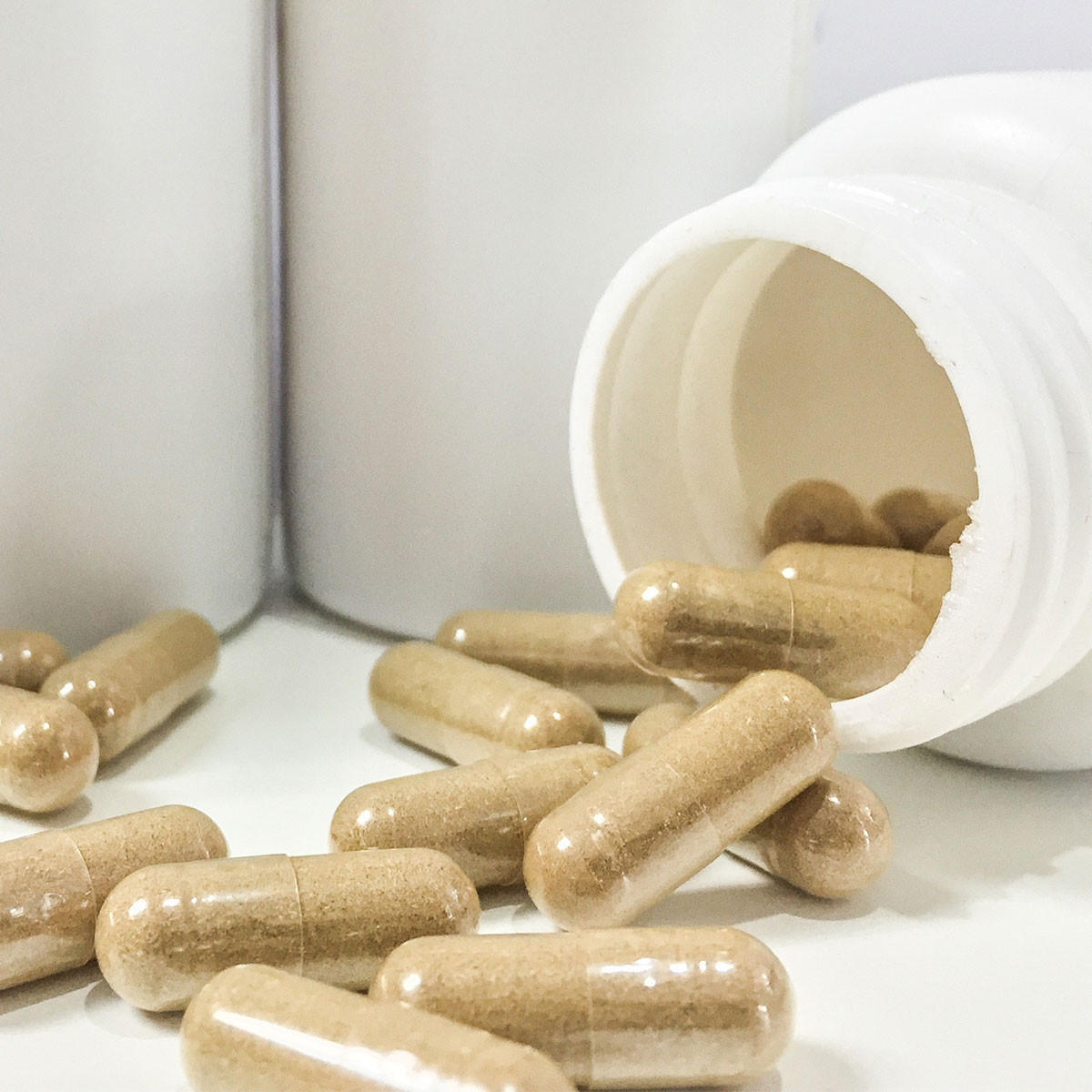
1. Prebiotic Supplements
Prebiotics can oftentimes keep your gut in great shape. However, if you struggle with IBS, IBD, or SIBO, prebiotic supplements can actually worsen digestive symptoms, Simpson warns. "Prebiotic supplements are designed to feed beneficial bacteria, but for many individuals with digestive issues, bacteria is actually overgrown," she tells us. "In these cases, many prebiotic supplements can lead to a worsening in symptoms like bloating, gas, and discomfort." Yikes!
Some of the worst offenders, she says,are fiber-based prebiotics like inulin, fructooligosaccharides (FOS), and chicory root, which can cause excessive fermentation in the gut and lead to bloating and gas. For those with sensitive digestive systems, Simpson recommends choosing polyphenol-based prebiotics instead. "Opting for prebiotic supplements that contain polyphenol-based ingredients like those found in Seed products is a great way for people with sensitive systems to feed good bacteria without suffering negative effects." Got it!
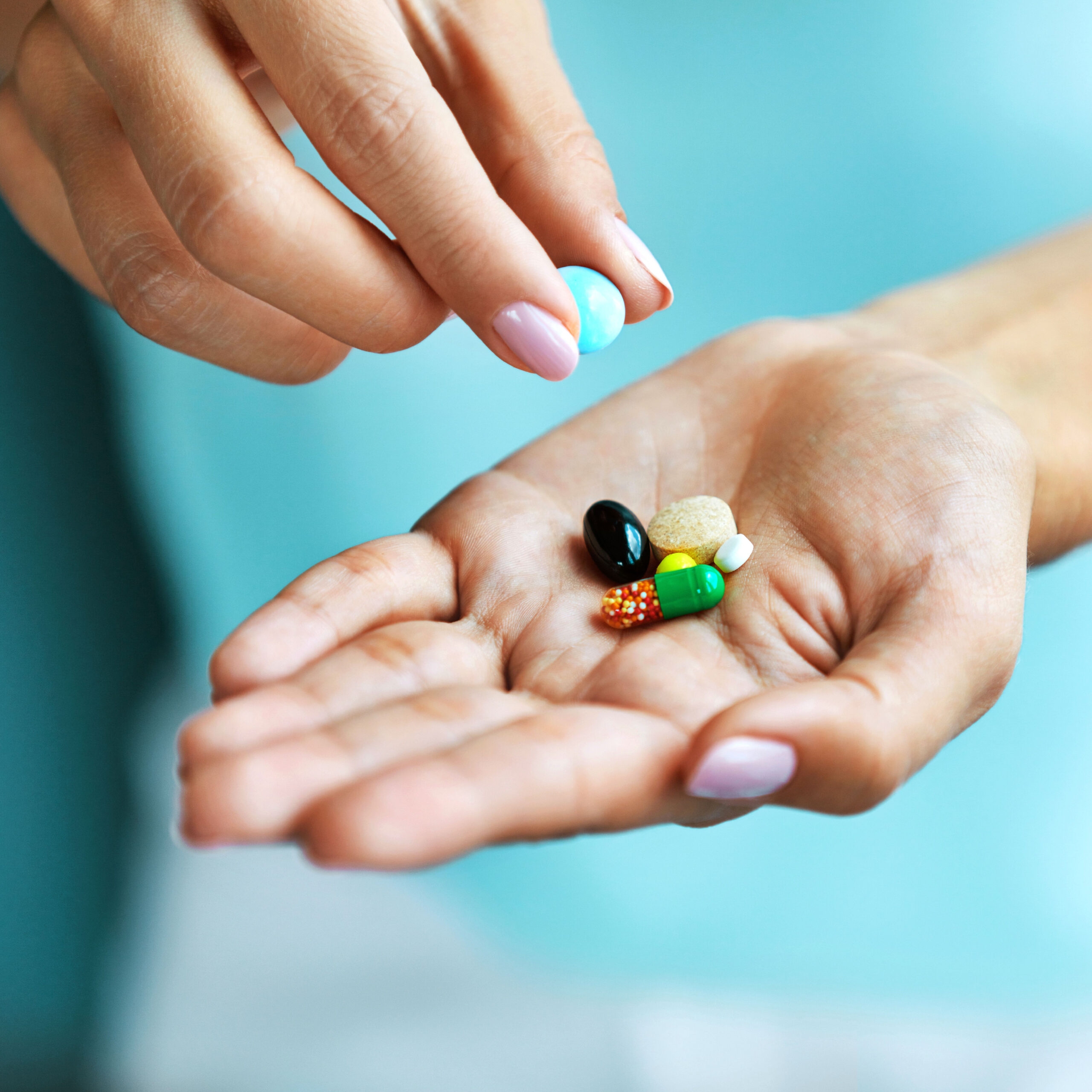
2. Bone Broth & Collagen-Based Gut Healing Supplements
We love making delicious, healthy soups with bone broth! However, bone broth and collagen-based supplements, although widely praised for their gut-healing properties, aren’t the best choice for everyone. "Gut healing supplements that are cartilage and bone-broth based are a double-edged sword," says Simpson. "While they contain gut-healing nutrients like collagen and amino acids, they are also naturally high in histamine, which can trigger symptoms in many people with digestive issues."
If you have a histamine intolerance, consuming these supplements may lead to unpleasant side effects such as bloating, itchy skin, headaches, and fatigue. Instead, try different gut-healing ingredients. "Choosing gut-healing supplements with ingredients like L-glutamine, aloe vera, zinc carnosine, or collagen peptides will help you strengthen your gut and heal without the hurt!" It's definitely worth a shot.



